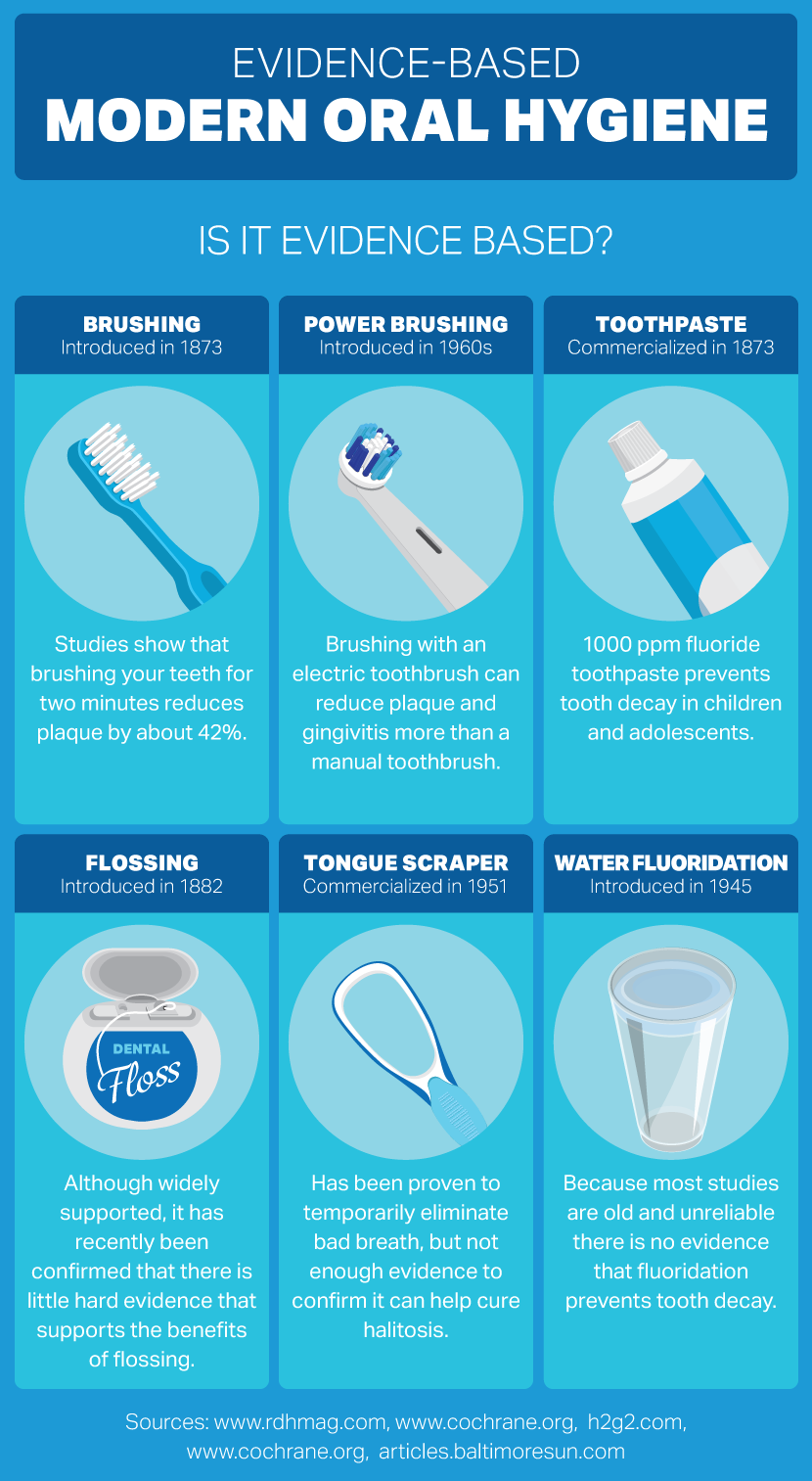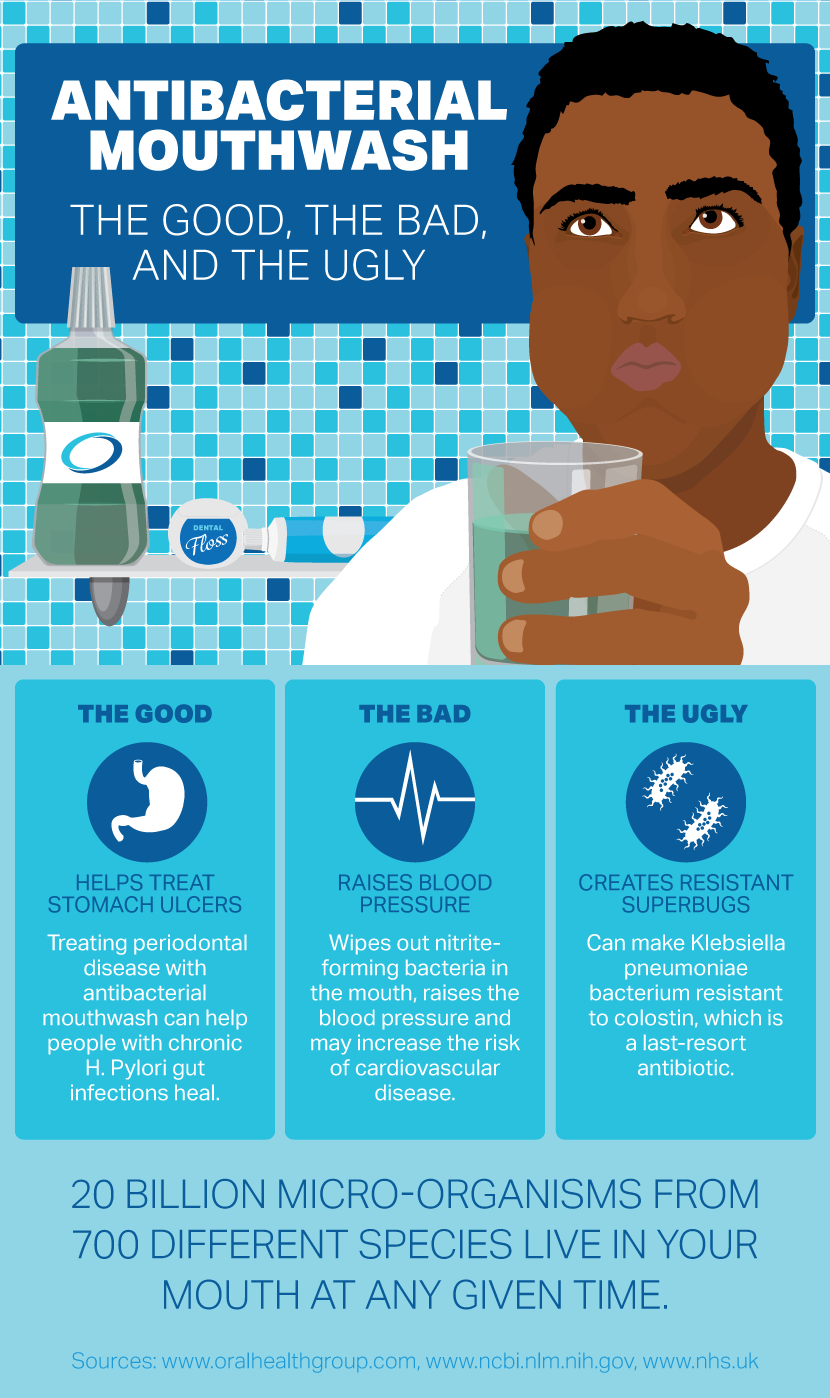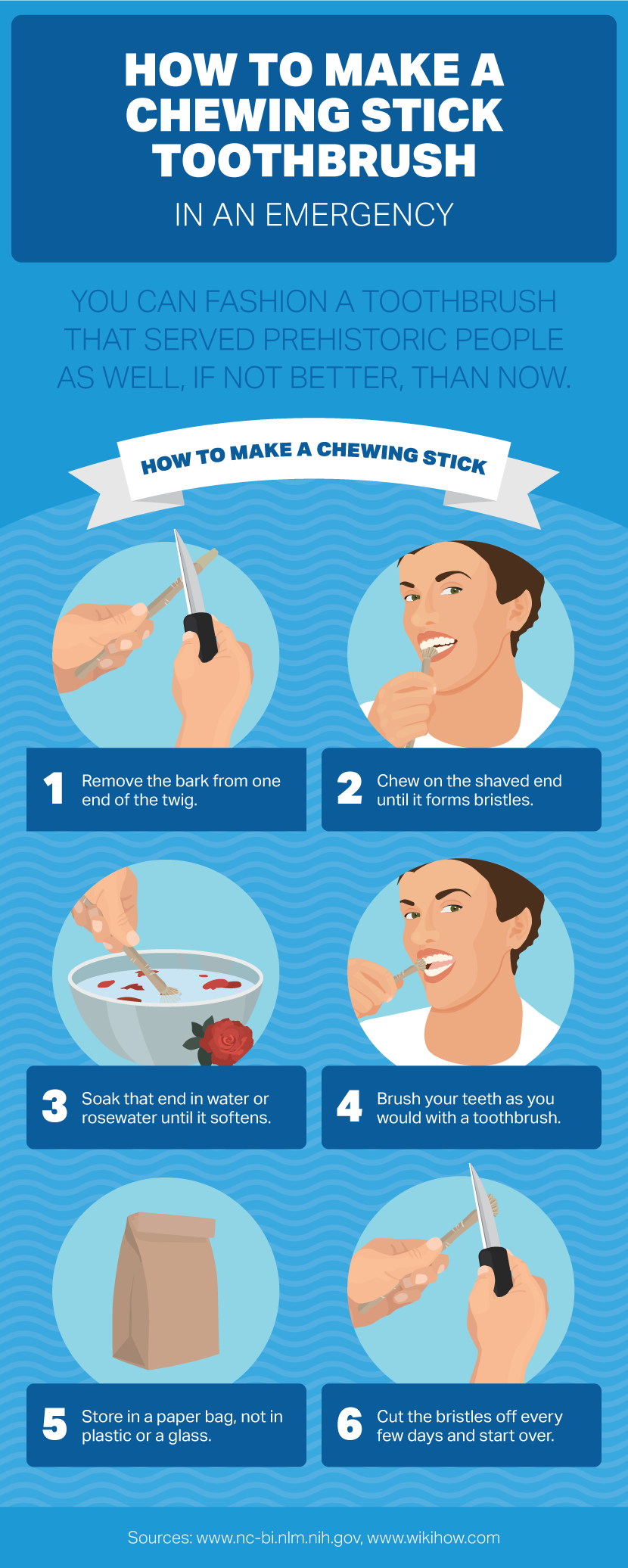Caring for the Microbiome in Your Mouth
We can all agree taking care of our teeth and gums is important. After all, we only get one set of permanent choppers and we
need to keep them healthy. The question is, what’s the best way to care for them? The prevailing theory for most of the last
century was that gum disease and cavities were caused by bacteria, and we needed to banish the bacteria to prevent oral disease.
However, in the last few years, dentistry and medicine, in general, are undergoing a paradigm shift. We’re increasingly
understanding that we have a diverse and organized microbiome in our mouths, which consists of 700 or more different species
of bacteria.https://jb.asm.org/content/192/19/5002 The majority of microorganisms in our mouths are harmless, and many are actually helpful. Research suggests they
do crucial jobs, such as regulating the body’s blood pressure, helping the immune system function better, and aiding the body
in synthesizing and excreting vitamins. However, to complicate matters, microorganisms aren’t actually good or bad; they can be
beneficial or harmful depending on the conditions. The body’s microbiome is much like a forest ecosystem, where organisms work
symbiotically to maintain a state of balance.http://phenomena.nationalgeographic.com/2016/01/25/the-forest-in-your-mouth/
What does the new paradigm mean for oral care? The science is still in its infancy. But, as it develops, you may want to
adjust your approach to oral health to promote a healthy state of balance in the mouth rather than banishing bacteria. Keep
reading to learn how.http://jb.asm.org/content/192/19/5002.full
Boosting Biodiversity in our Bodies
The truth is we’re losing the battle we’ve been waging against oral bacteria. According to the Center for Disease Control,
about half of Americans have some level of gum disease, a chronic inflammatory condition in the mouth and jaw that can lead to
tooth loss.https://www.perio.org/consumer/cdc-study.htm
People with gum disease have a higher risk of heart attack, stroke, osteoporosis, and pregnancy complications.https://www.ncbi.nlm.nih.gov/pmc/articles/PMC2443711/

Here’s an alarming hypothesis: common oral hygiene practices (such as brushing with harsh detergents and rinsing with
broad-spectrum antibacterial agents) may actually be contributing to chronic infections. How? Think about what happens when you
bulldoze a garden and leave behind bare soil. Invasive weeds eagerly come in to fill the space. The same thing may happen in
your mouth when you regularly wipe out the microbiome, except, in this case, opportunistic pathogens eagerly colonize.

Oral hygiene has been recognized as an important part of health in every culture. But dental procedures and self-care
practices should promote our microbial allies. A healthy mouth where good bugs are thriving is not a friendly environment for
pathogens.https://microbewiki.kenyon.edu/index.php/Oral_microbial_system How do you create such an environment? You can start with these four practices.
1. Stop Wiping Out the Oral Microbiome
Broad-spectrum antibacterial rinses wipe out the good bugs with the bad. They can be beneficial in some circumstances,
but they also can do more harm than good.

Research is limited on how antibacterial toothpaste, toothpaste containing harsh detergents, over-the-counter antiseptic
mouthwash, and commonly used natural antimicrobials such as essential oils and hydrogen peroxide impact the oral microbiome.
But you may want to be cautious about routinely using them, especially any product that promises to kill 99 percent of the
germs in your mouth. After all, you want your microbial allies to stay put! Treat antimicrobial therapies like antibiotics.
They may be a necessary treatment for a short time, but use them in a targeted way when advised by a medical professional.
Also, consider getting a water filter. If you’ve ever kept a sourdough starter, you know chlorinated tap water is not a
friend to microorganisms. It’s added to municipal water supplies to kill them. Chlorinated water is an important public
health achievement that’s eliminated cholera and other deadly diseases. However, it may upset the balance of your oral
microbiome.
Your municipality either uses chlorine or chloramine as a disinfectant. Check their website or call and ask. If they use
chlorine, a relatively inexpensive activated carbon filter will remove it. If they use chloramine, you’ll need a more
expensive catalytic carbon filter.http://www.greenamerica.org/livinggreen/waterfilters.cfm While we wait for more research on the topic, you’ll get the benefits of a chlorinated
water supply while reducing the amount of disinfectant you introduce to your oral microbiome.
2. Create a Healthy Host
We’ve long treated the health of the teeth and gums as separate to the health of the body, but your general health and
lifestyle impacts your oral health. High stress, a poor diet, smoking, lack of sleep, and sedentary habits are all linked
with poor oral health.http://www.medscape.com/viewarticle/764493https://www.ncbi.nlm.nih.gov/pmc/articles/PMC3972561/http://www.webmd.com/oral-health/news/20070518/smoking-and-sleep-affect-oral-health Emerging research suggests the combination of a healthy diet and exercise positively impacts the oral
microbiome.https://aadr2016.zerista.com/event/member/238385
3. Feed and Seed the Good Bugs
Scientists are increasingly understanding that everything we eat impacts the microorganisms that share our bodies.
However, the way bodies and microorganisms react to food seems to be highly individual, so there’s not a one-size-fits-all
diet.https://www.sciencedaily.com/releases/2015/11/151119133230.htm That said, you’ll likely do well to stick to a varied, mostly unprocessed diet that’s abundant in vegetables and low
in sugar and processed carbohydrates.
You may be able to reseed your microbiome by regularly eating a diversity of (unpasteurized) fermented foods, such as
kefir, yogurt, kimchi, sauerkraut, etc., which are known to be abundant in beneficial microbes.https://www.ncbi.nlm.nih.gov/pmc/articles/PMC3904694/ If you’re not used to
eating them, add them to your diet gradually to help your body get used to them.
4. Do Your Research and Ask for Evidence
When a new paradigm arises in medicine, it’s tough to know how to proceed with self-care. We’re already seeing probiotic
toothpastes and mouthwashes emerge in the oral care market. However, it remains to be seen whether they’ll improve oral
health. A surprising number of common practices and over-the-counter products aren’t actually backed up by evidence.
Talk to your dentist, do your own research, and pay attention to your own experience to determine the best methods for
caring for your teeth and gums.

Managing the Ecosystem in Your Mouth
You not only manage your own health; you also manage the health of a vast ecosystem of microscopic critters. Scientists
are still at the frontier of understanding how the microbiome impacts oral health, and dental practices and self-care
recommendations will evolve to reflect our new understandings. But the good news is, ecosystems are resilient.http://www.npr.org/2016/08/18/490432969/eating-yogurt-is-not-enough-rebalancing-the-ecosystem-of-the-microbes-within-us Create a
healthy host environment by eating well, managing stress, and taking good care of yourself, and the beneficial flora in your
mouth are likely to flourish as well.
Embed the article on your site

